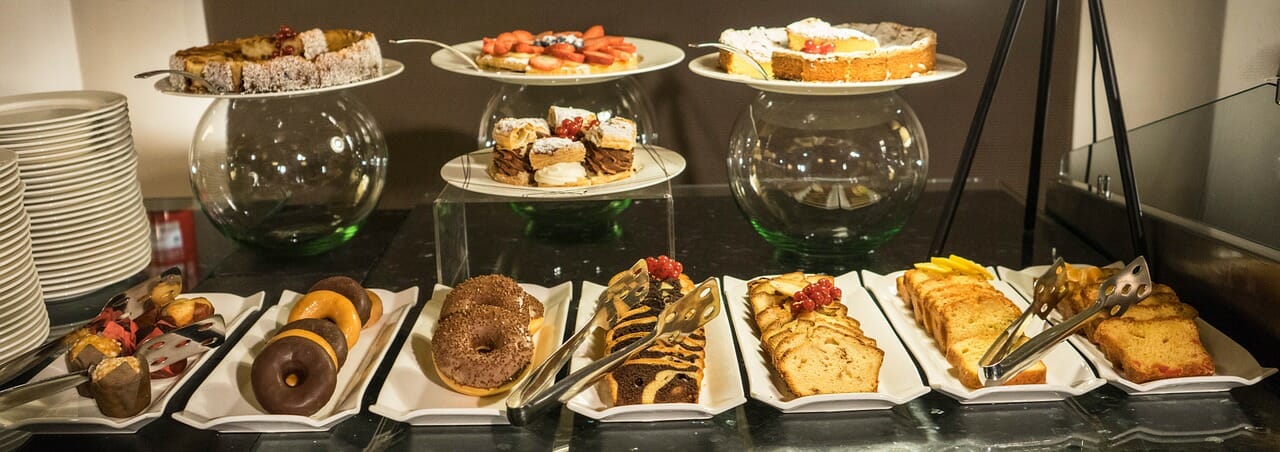Avoiding breakfast or consuming food late in the day could raise the danger of cardiovascular disease.
Skipping breakfast or eating late in the day could raise the danger of cardiovascular disease, diabetes, and obesity according to a new study. The research study from a group of American researchers recommends that the time we eat our meal is equally as crucial as to what we consume.
From a writing in the American Heart Association journal ‘Circulation’, researchers from Columbia University said both meal timing and frequency are linked to risk factors for a variety of conditions such as heart disease, strokes, hypertension, blood sugar levels, weight problems, and reduced insulin sensitivity.
The scientists reviewed other present scientific studies concerning breakfast and cardiovascular disease and discovered that those who eat breakfast daily are less likely to have high cholesterol and high blood pressure, while those who skip breakfast and rather treat and graze throughout the day are most likely to be obese, have poor nutrition, or be affected with diabetes.
Skipping breakfast might be linked to diabetes, according to a new study.
They evaluated other studies that found individuals who avoid breakfast have a 27 per cent increased threat of struggling with a cardiac arrest, and are 18 per cent most likely to have a stroke.
Teacher Marie-Pierre St-Onge, lead author of the research study, said: “Meal timing might impact health due to its influence on the body’s biological rhythm.
” In animal studies, it appears that when animals get food while in an inactive state, such as when they are sleeping, their biological rhythms are reset in such a way that can modify nutrient metabolism, leading to greater weight gain, insulin resistance and inflammation.
However, more research study would have to be done in people before that can be specified as a fact.”
There is still some dispute in the scientific circles about the advantages of consuming breakfast. In a 2016 research study some scientists made claims that breakfast is the most important meal of the day have little scientific basis.
Some disagree breakfast is an advantageous as reports recommend.
Dr James Betts, a senior speaker in nutrition at the University of Bath said the idea breakfast is inherently helpful for us might originate from marketing projects designed to sell us cereals, eggs and bacon, and the ‘benefits’ of eating early have not really been scrutinised appropriately.
He said: “The issue is that these advantages although sensible sounding, are mainly presumptions based upon observational research studies and had actually never ever really been tested.
As soon as medical professionals discover that an obese client avoids breakfast they’ll frequently tell them to make sure they consume it every day. But should we know more about the health impacts? We attempt not to give other health recommendations without proof, so why are we more lax with breakfast?”
The researchers from Columbia University writing in ‘Flow’ also discovered that eating late in the evening might cause a higher danger of bad cardiometabolic health. In the research studies evaluated it was found that late-night snackers are most likely to be obese when compared to those who don’t consume after a specific hour.
Late night snacking could result in cardiometabolic issues according to scientists.
The researchers said: “The impact of meal timing, especially associated to the evening meal, deserves additional research study.
Epidemiological findings recommend a possible damaging impact of late meals on cardiometabolic health, however clinical intervention studies, which would deal with causality, have been limited in scope and too diverse to draw conclusive conclusions and make recommendations.”
Professor St-Onge added: “We suggest consuming mindfully, by taking notice of both exactly what you eat and when you consume meals and treats, to fight psychological binge eating.
Many individuals find that emotions can activate eating episodes when they are not hungry, which frequently leads to consuming too many calories from foods that have low nutritional value.”
While some of the information on these topics is in dispute, more and more scientists these days are agreeing that the timing and content of meals are both factors.
So break out the breakfast and start the day out right… and try not to indulge in those late night snacks.
Make sure you aren’t just eating because you’re bored, the scientists are in agreement this is common factor in those who suffer obesity.


